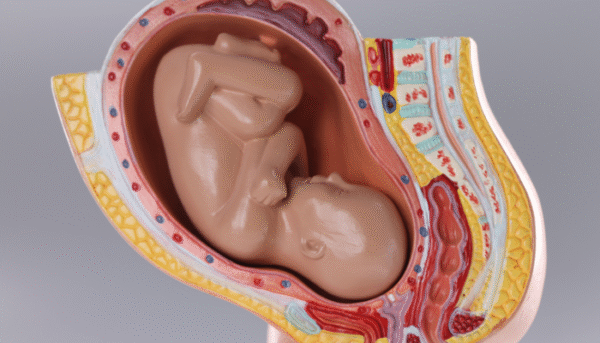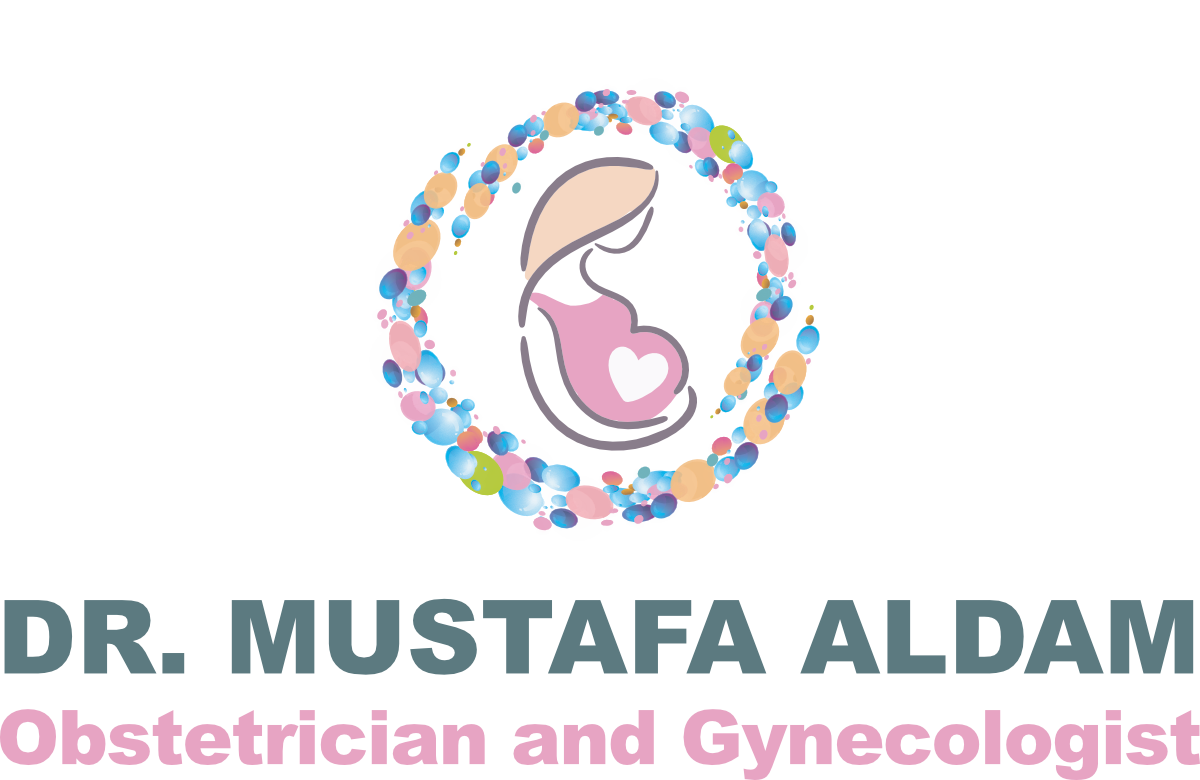What You Should Know About Anterior Placenta and How It’s Treated in Dubai

Every pregnancy is unique, and during routine ultrasounds, you might hear terms you weren’t expecting—like “anterior placenta.” For many women, it’s unfamiliar and can naturally lead to concern. If you’ve been told you have an anterior placenta, it’s helpful to understand what it means for both your health and your baby’s growth. The good news is that with the right support and regular checkups, most pregnancies with an anterior placenta progress smoothly. If you’re looking for experienced care, Dr. Mustafa Aldam offers trusted anterior placenta treatment in Dubai, with a strong focus on patient comfort and personalized monitoring.
What Is an Anterior Placenta?
In simple terms, an anterior placenta occurs when the placenta develops along the front wall of the uterus, rather than the back. The placenta acts as a lifeline between you and your baby, providing nutrients, oxygen, and removing waste. Its position doesn’t usually affect its function — but it can influence how your pregnancy feels.
This front-facing placement is completely normal and found in many healthy pregnancies. However, it can sometimes make it harder to feel the baby move early on. In some cases, it may require closer monitoring, especially if you’ve had previous surgeries like a C-section or other uterine conditions.
Is Anterior Placenta Dangerous?
Most of the time, an anterior placenta does not cause complications. But like all pregnancies, it still needs proper observation. Here are a few points to keep in mind:
1. Movement May Feel Different
With the placenta sitting between your belly and your baby, you might feel kicks later than someone with a posterior placenta. This is often noticed in first pregnancies, where recognizing movements takes longer anyway. By the time you’re around 24 weeks, those little kicks usually become easier to notice.
2. Ultrasounds Might Be Slightly Tricky
Because of the placenta’s position, some ultrasound views might not be as clear. An experienced specialist like Dr. Mustafa Aldam knows how to work around this. The key is using the right angles and advanced imaging tools to get accurate readings.
3. Labor and Delivery May Need a Closer Look
In rare cases, an anterior placenta can sit low near the cervix — a condition called placenta previa. This can make vaginal delivery unsafe. That’s why monitoring its position throughout your pregnancy is important. When needed, your doctor may recommend a planned cesarean delivery.
This is where seeing an experienced specialist for anterior placenta treatment in Dubai becomes essential. Regular checks help identify and mitigate risks, providing you with peace of mind.
What Does Anterior Placenta Treatment in Dubai Involve?

The term “treatment” here doesn’t mean medication or surgery. It’s more about how your pregnancy is monitored and managed to keep both mother and baby safe.
Monitoring Placental Position
As your uterus grows, the placenta may move upward naturally, away from the cervix. Dr. Aldam closely monitors this during each scan to track any changes in position.
Keeping an Eye on Fetal Movement
Since movement may feel faint or delayed with an anterior placenta, you’ll be taught how to count and track the baby’s kicks from the second trimester. Knowing what’s normal for your baby helps catch any issues early.
Planning Ahead for Delivery
If the placenta remains in a low position later in pregnancy, Dr. Aldam will discuss your birth plan in detail. In most cases, the placenta will shift upward, and a vaginal delivery is still possible. But if needed, cesarean birth is planned well in advance.
This proactive, personalized care is the heart of anterior placenta treatment in Dubai with Dr. Mustafa Aldam.
Why Choose Dr. Mustafa Aldam?
Pregnancy can be overwhelming, especially when you’re told something about it is “different.” Dr. Aldam’s role is to take that stress away. With over 20 years of experience in obstetrics and high-risk pregnancies, he provides not just medical care but emotional reassurance too.
Here’s why many women choose him when dealing with anterior placenta cases:
1. Patient-Focused Approach
Dr. Aldam believes in giving every patient the time and attention they deserve. He explains things in a clear, straightforward way, makes sure all your questions are answered, and never makes you feel rushed. During pregnancy, that kind of support can make a real difference—not just medically, but emotionally too.
2. Accurate Monitoring
Using modern ultrasound equipment, he can monitor placental position with high accuracy. This is especially important when fetal movement is harder to track or if there’s concern about placenta previa.
3. Experience with All Scenarios
Whether it’s your first baby or you’ve had previous surgeries or complications, Dr. Aldam has the experience to guide you safely. His approach to anterior placenta treatment in Dubai is personalized and cautious — never one-size-fits-all.
Real Concerns, Real Reassurance

Many women feel anxious when they’re told their placenta is “in front.” But in most cases, that means being aware of a few extra things: how you track movement, how your scans are done, and how your delivery might be planned.
Here’s what patients commonly ask Dr. Aldam:
- Will I still feel my baby move?
- Yes, but you may feel it later than others — and that’s okay.
- Can I have a natural birth?
- Usually, yes. Unless the placenta covers the cervix, vaginal delivery is still safe.
- Do I need extra tests?
- No additional tests are required, but more focused ultrasounds may be recommended as the pregnancy progresses.
When to Contact Your Doctor
Even with an anterior placenta, your pregnancy can go smoothly. But it’s good to call your doctor if:
- You feel no fetal movement after 24 weeks
- You experience vaginal bleeding
- You’ve had a C-section before
- You’re told you have a low-lying placenta late in pregnancy
These aren’t always emergencies, but they are signs that you should check in.
Final Thoughts
Learning you have an anterior placenta can feel unfamiliar at first, but with the right care, it’s nothing to fear. What matters is having a doctor who understands the full picture and gives you the attention and reassurance you need.
If you’re looking for anterior placenta treatment in Dubai, Dr. Mustafa Aldam offers trusted, experienced, and compassionate care. From your first scan to the moment you hold your baby, he’ll be there to guide you — with clarity, confidence, and care.
